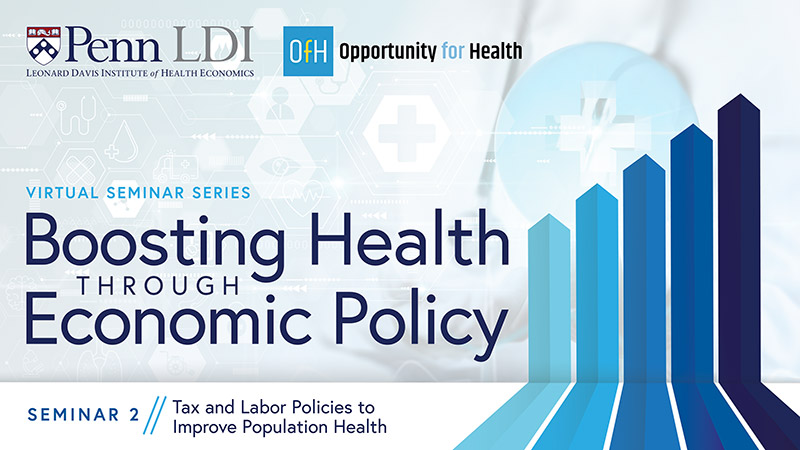Dollars and Wellness: How Smart Policy Could Save Lives Before They're Lost

Unlocking Health Potential: How Economic Support Programs Transform Community Well-being
A groundbreaking seminar hosted by the University of Pennsylvania's Leonard Davis Institute of Health Economics (LDI) and Opportunity for Health Lab delved into the powerful connection between government economic assistance programs and population health outcomes. Researchers and policymakers gathered to explore how strategic financial support can be a transformative tool for improving overall community wellness.
The session illuminated the critical ways in which economic aid goes beyond mere financial relief, potentially serving as a fundamental mechanism for enhancing public health. By examining the intricate relationships between economic support and health indicators, the seminar highlighted the profound impact that targeted assistance can have on individuals and communities.
Participants discussed innovative approaches to understanding how government programs can create meaningful health improvements, demonstrating that economic support is not just about monetary relief, but about building stronger, healthier societies from the ground up.
